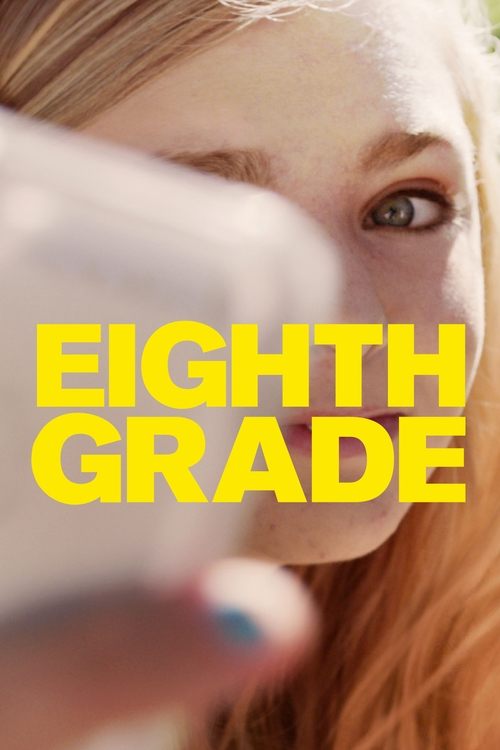
Title: Eighth Grade
Year: 2018
Director: Bo Burnham
Writer: Bo Burnham
Cast: Elsie Fisher (Kayla Day), Josh Hamilton (Mark Day), Emily Robinson (Olivia), Jake Ryan (Gabe), Daniel Zolghadri (Riley),
Runtime: 94 min.
Synopsis: Thirteen-year-old Kayla endures the tidal wave of contemporary suburban adolescence as she makes her way through the last week of middle school — the end of her thus far disastrous eighth grade year — before she begins high school.
Rating: 7.161/10